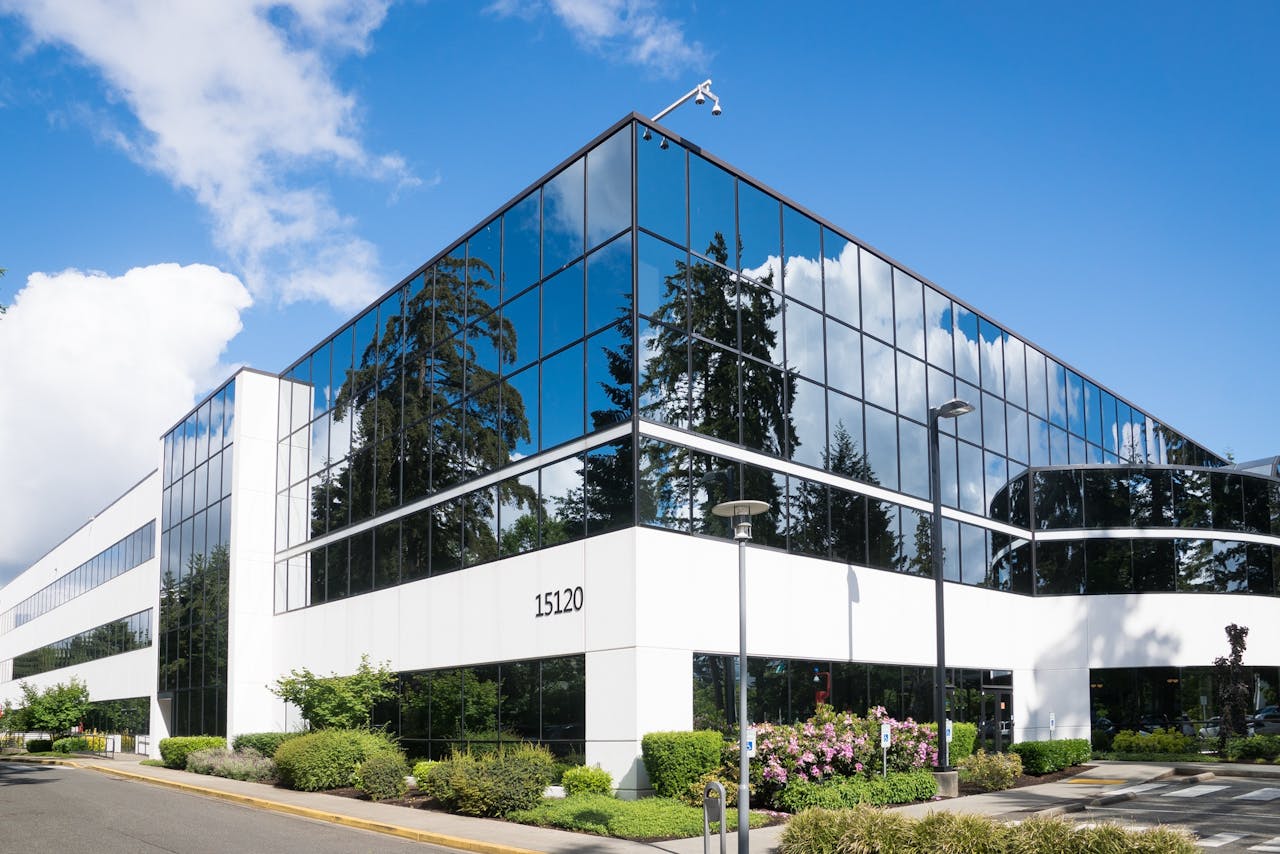Exploring Mortgage Options and Costs When Buying Your Business Premises
Buying a business premises is a significant financial decision that can influence your company’s future growth and sustainability. Exploring mortgage options and understanding the associated costs are crucial steps in this process.
Here’s a guide to help you navigate the complexities of securing a mortgage for your business premises.
1. Understanding Commercial Mortgages
Unlike residential mortgages, which are typically used to purchase homes, commercial mortgages are used to buy business premises or finance other commercial investments. These loans are often held by corporations, partnerships, or sole proprietors, and they can be used to acquire, develop, or refinance commercial property.
2. Types of Commercial Mortgages
Commercial mortgages generally come in two types: fixed-rate and variable-rate. Fixed-rate mortgages keep the same interest rate throughout the term of the loan, providing predictable repayment amounts. Variable-rate mortgages, however, have interest rates that can fluctuate with market conditions, which might offer lower initial rates but pose a risk of increasing costs over time.
3. Loan-to-Value Ratio
The loan-to-value (LTV) ratio is a critical factor in determining the terms of your mortgage. This ratio measures the loan amount against the value of the property. Commercial mortgages typically have a lower LTV ratio than residential mortgages, often around 60% to 70%, meaning you may need to put down a larger deposit.
4. Fees and Additional Costs
When securing a commercial mortgage, be prepared for various fees and costs:
- Arrangement fees: Charged by the lender for setting up the mortgage, usually 1% to 2% of the loan amount.
- Valuation fees: Paid for the lender’s assessment of the property’s value.
- Legal fees: Incurred for legal advice and services during the property purchase.
- Surveyor fees: For a detailed survey of the property’s condition.
5. Mortgage Terms and Repayments
The terms of commercial mortgages are typically shorter than those of residential mortgages, ranging from 3 to 25 years. Repayment options may include interest-only, where only the interest is paid during the term, and the principal is repaid at the end, or a repayment mortgage, where payments cover both interest and principal, gradually reducing the debt.
6. Shopping Around for the Best Deal
Just as with residential mortgages, it’s vital to shop around for the best commercial mortgage offer. Consider working with a mortgage broker who specializes in commercial properties, such as the one at Your Certified Expert, as this can help you find the best rates and terms suited to your business needs.
7. Qualifying for a Commercial Mortgage
Lenders will assess your business’s financial stability, credit history, and the profitability of your business plan when deciding whether to grant a mortgage. You’ll need to provide:
- Business financial statements: To demonstrate financial stability and profitability.
- Business plan: Shows the strategic plan for the business and expected cash flow.
- Credit history: Both personal and business credit histories will be considered.
Conclusion
Purchasing your business premises is a monumental step that requires thorough planning and consideration. Understanding the nuances of commercial mortgages and the associated costs will arm you with the information needed to make an informed decision that aligns with your business goals and financial situation.
Always consider seeking advice from financial advisors or mortgage professionals to ensure you find the most beneficial financing option for your business.













Leave a Reply
Want to join the discussion?Feel free to contribute!